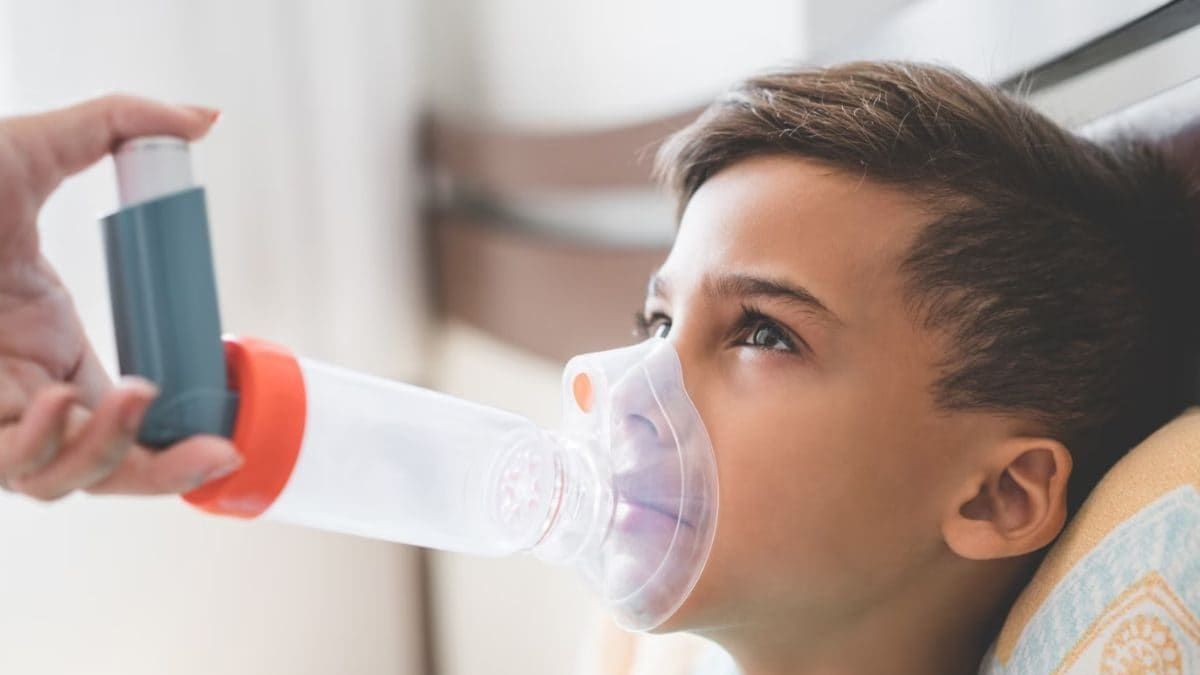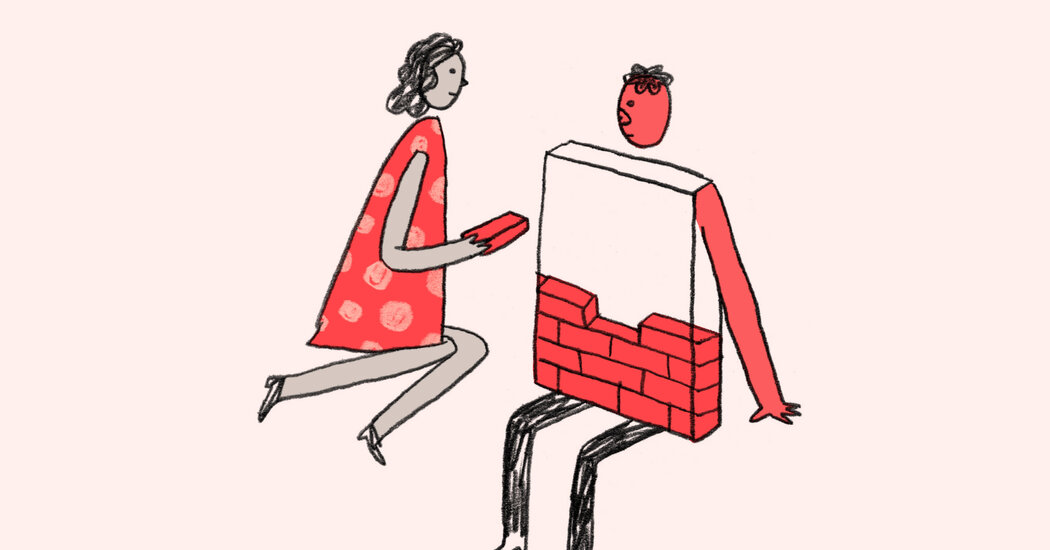Children with asthma are more likely to suffer from sinusitis.
Make sure your child follows a healthy diet plan and engages in physical activities that can boost the child's immune system and overall health.
Asthma and sinusitis or sinusitis are common conditions that often affect children. Sinusitis occurs when there is inflammation or infection in the sinuses, while asthma is a chronic lung disease in which the airways become inflamed and narrowed, making it difficult to breathe. Sometimes both conditions can be interconnected and affect children's overall well-being.
Children with asthma are more likely to develop sinusitis and vice versa. This is because both conditions caused inflammation in the respiratory tract. Mucus may go down your child's throat if he or she has sinusitis. This could irritate the airways and increase asthma symptoms, such as coughing and wheezing.
The most common symptoms of Sinusitis in children are:
Nasal congestion
Thick, colored discharge from the nose.
Loss of smell
Headache
Cough
Fever
Puffiness around the eyes.
On the other hand, if not treated properly, asthma could lead to a long-term sinus infection. This means that both conditions are connected and if one of them is under control, the other will be corrected automatically.
The most common symptoms of asthma in children are:
A wheezing sound when you exhale.
Respiratory problems
Chest congestion
Problems eating or sucking.
Here are some of the tips to control sinuses and asthma together in children:
Accurate Diagnosis: The most important step is to ensure that your child receives a proper diagnosis. Consult a health expert to determine if your child has asthma, sinusitis, or both. Treatment must be based on an accurate diagnosis.
Regular Checkups: Take your child for regular checkups to keep track of their health. Regular monitoring ensures that both conditions are controlled and allows for timely changes in your treatment.
Maintain good indoor air quality: Make sure the air inside your home is clean and free of dust. Avoid smoking, use air purifiers to capture air pollutants and ensure good ventilation.
Follow prescribed treatments: Seek medical attention as soon as possible and adhere to the treatment prescribed by the health expert. Antibiotics may be used to treat the sinuses if there is a bacterial infection, saline nasal sprays may also be used to keep the nasal passage moist. For asthma symptoms, doctors may prescribe inhalers for quick relief.
Follow a healthy lifestyle: Make sure your child follows a healthy diet plan and engages in physical activities that can boost the child's immune system and overall health. But make sure that the exercise is done in such a way that it does not trigger asthma attacks.
Hydration and Moisture: To avoid thin mucous secretions, make sure your child stays hydrated. To reduce sinus and asthma symptoms, you can use a humidifier in your rooms. Dehydration can worsen asthma conditions. Water reduces the risk of inflammation, making it easier for your child to breathe.
Track symptoms: Keep track of your child's health and watch for any patterns that affect their well-being. Be alert to weather changes or respiratory infections.












